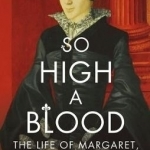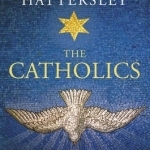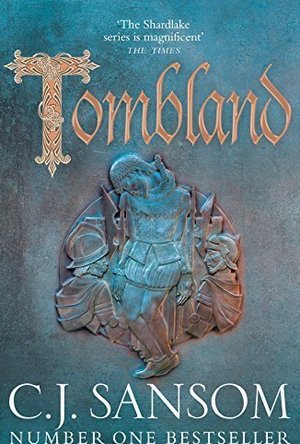
The History of the Jews
Book
The History Of The Jews: From The Earliest Period Down To Modern Times, In Three Volumes. (Vol. 3)...
The novel covers the reign of Henry VIII from the point of view of Will Somers, the man who becomes the king's jester or fool. This gives the book a totally different twist and insight from something concentrating on the usual courtly suspects. Will is in the thick of things, with a front row seat in the course of history, if you like, but he's not one of the players in the drama.
The novel is actually written in the first person, and it's very rarely that I like this because in the hands of most authors it is clunky, but here I had to go back and check that this was so, as it seemed so natural.
Obviously, hindsight is a wonderful thing in history and some of the points made are from the point of view of someone with historical hindsight, but there's also a lot of psychological truth in there and you can quite clearly see why characters act the way they do.
Now, my only problem is that MCB was not a writer of authorial afterwords, like many present authors. What I really want to know is how much of the story is true (within the bounds of fictional probability!) and what is fiction/surmise - and what happened to Will Somers next?!

So High a Blood: The Life of Margaret, Countess of Lennox
Book
'Who hopes still constantly with patience shall obtain victory in their claim' Sometime heir to the...

The Catholics: The Church and its People in Britain and Ireland, from the Reformation to the Present Day
Book
"The story of Catholicism in Britain from the Reformation to the present day, from a master of...

Jane Austen's Names: Riddles, Persons, Places
Book
In Jane Austen's works, a name is never just a name. In fact, the names Austen gives her characters...

The Virgin Elizabeth: A Novel
Book
A book of passion, of sixteenth-century England, of greed and political ambition unto death....

Tombland (The Shardlake series Book 7)
Book
Summer, 1549. Two years after the death of Henry VIII, England is sliding into chaos . . . The...

Elizabeth I and Her Circle
Book
This is the story of Elizabeth I's inner circle and the crucial human relationships which lay at the...

Lamentation
Book
Matthew Shardlake is back in Lamentation, from the number one bestselling author C. J. Sansom....
Gun Culture in Early Modern England
Book
Guns had an enormous impact on the social, economic, cultural, and political lives of civilian men,...
